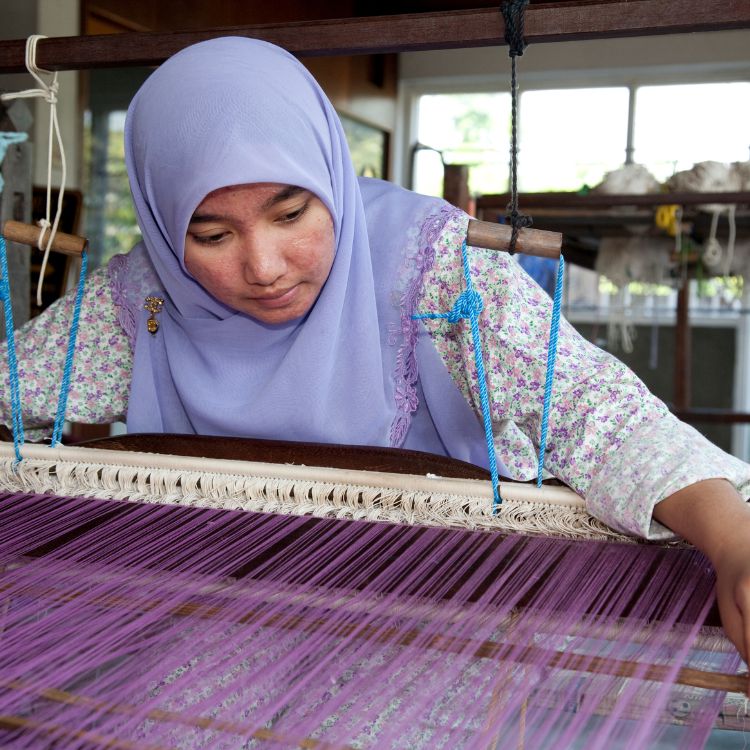Malaysia
Human trafficking remains a severe issue in Malaysia, a country grappling with the complexities of rescuing and rehabilitating victims amid a backdrop of systemic challenges. The nation’s strategic location and economic disparities contribute to its status as both a source and destination for traffickers. Addressing this problem requires a nuanced understanding of the obstacles faced and the urgent need for effective interventions.
Malaysia is a significant hub for human trafficking due to its geographic position and economic allure. Victims often come from neighboring countries like Indonesia, the Philippines, and Myanmar, lured by false promises of employment and a better life. Once in Malaysia, many fall prey to forced labor or sexual exploitation. The country’s complex migration policies and lax enforcement of anti-trafficking laws further exacerbate the issue.
1. Legal and Bureaucratic Hurdles: The legal framework in Malaysia, while improving, still poses challenges. Trafficking laws are often outdated or inadequately enforced. Bureaucratic red tape can delay rescue operations and hinder the immediate protection of victims. Furthermore, victims frequently fear deportation or arrest if they come forward, particularly those who are undocumented.
2. Corruption and Complicity: Corruption within law enforcement and immigration agencies undermines efforts to combat trafficking. There have been instances where officials have been found complicit in trafficking operations, either directly or through negligence. This complicity can deter victims from seeking help and obstruct efforts to prosecute traffickers.
3. Lack of Victim Support Services: Once rescued, victims face a shortage of comprehensive support services. The rehabilitation process requires safe housing, medical care, psychological support, and legal assistance—resources that are often insufficient or inconsistently provided. The lack of a coordinated support system can impede the recovery and reintegration of victims.
4. Public Awareness and Education: There is a general lack of awareness about human trafficking among the Malaysian public. Without widespread education and media attention, identifying and reporting trafficking cases becomes more difficult. Victims may not recognize their exploitation or may lack the knowledge to seek help.
Addressing these challenges requires a multi-faceted approach:
1. Strengthening Legal Frameworks: Malaysia needs to update and enforce stricter anti-trafficking laws. This includes improving the legal protection for victims and ensuring that traffickers are held accountable.
2. Combating Corruption: Effective anti-corruption measures must be implemented to ensure that law enforcement and immigration agencies act in the best interest of victims rather than facilitating trafficking.
3. Enhancing Victim Support Services: The government, in collaboration with NGOs, should bolster support services for victims. This includes establishing dedicated shelters, providing legal aid, and offering psychological counseling to aid in their recovery.
4. Increasing Public Awareness: Public education campaigns should focus on the signs of trafficking and how to report suspected cases. Raising awareness can help in both prevention and identification of trafficking.
Rescuing human trafficking victims in Malaysia is fraught with challenges but is essential for eradicating this grave injustice. By addressing legal, bureaucratic, and systemic issues, and enhancing support and awareness, Malaysia can take significant strides toward dismantling trafficking networks and safeguarding the rights and dignity of its most vulnerable individuals.



